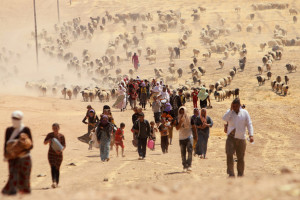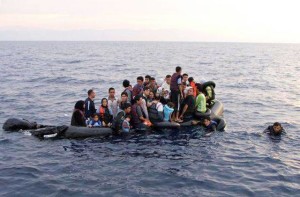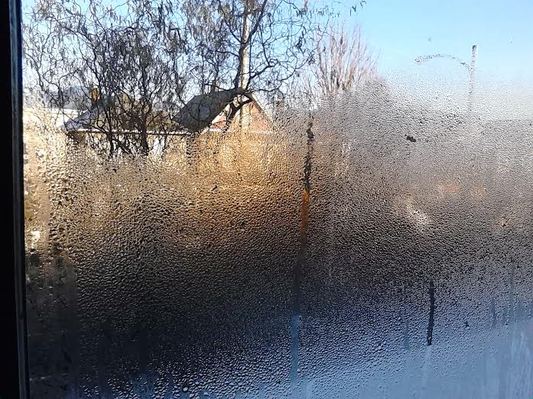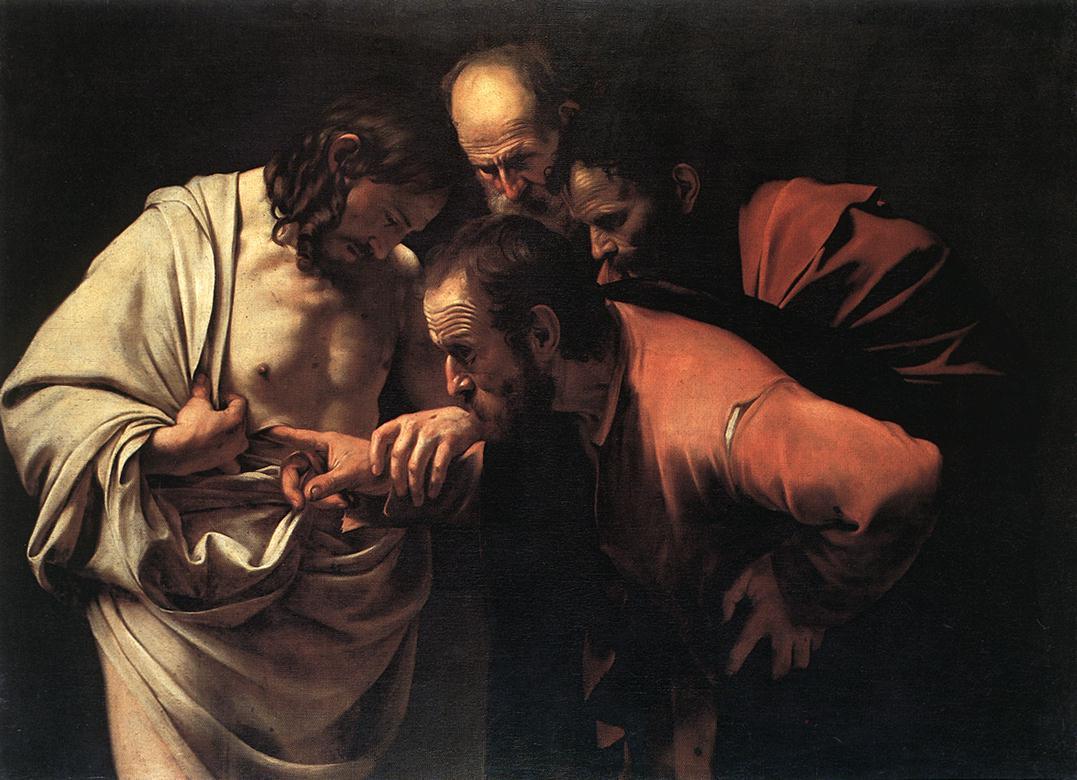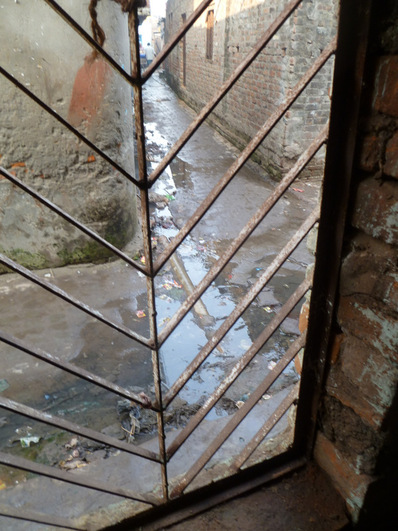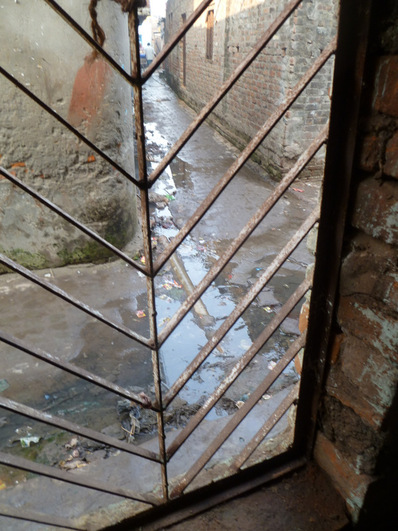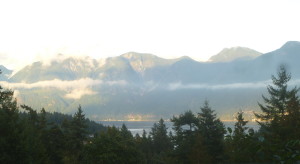
“The past year has perhaps been the most difficult one of my life.”
So begins the blog post I’ve written for The Mudroom today. It’s the most vulnerable thing I’ve written recently: a reflection on the experience of deciding to leave India and then struggling to find my feet again in the West. The piece is a very brief snapshot of what has been and continues to be a difficult and beautiful journey for me.
For the past 10 months in Vancouver, I’ve been prevented from working or beginning grad school because of a lengthy immigration process. I’ve often felt trapped by my powerlessness to do anything about my permanent residency, and I’ve been frustrated by having so much time at loose ends. I said when I came here that I was looking for a season of rest and healing, but I have continued to fight that every step of the way, wanting desperately to jump into another busy season and another purposeful role that might provide a new identity for me instead of allowing my identity to be completely separated out from what I do. Who am I when I simply am?
When I allow myself to accept what is happening instead of trying so hard to change it, I recognize the gift of this time. I was able to go to counseling for several months to process my experiences in India (and my life up to this point); to gain valuable insights and skills. I took advantage of the opportunity to go on a few days’ silent retreat during Advent, and I’ll be returning to the same tranquil island for a 10-day silent retreat at the end of this month (a prospect which both thrills and terrifies me). I’ve had the time to get to know refugee claimants at Kinbrace, holding babies and cutting birthday cakes and eating delicious foods that remind my new friends of their faraway families and homes. Andy and I have been sheltered by a church community and befriended by a circle of wonderful people who make Vancouver feel like home for us weary travelers.
One of the biggest gifts of my enforced joblessness has been the freedom to write for long stretches of time. I’ve written a few freelance pieces here and there, but mainly I’ve been writing my book. I had no idea how long it would take. When I finished my first draft after six months, I remember thinking, “How do people spend years writing a single book?” Now I understand. Though not as much as I’m sure I will understand a few months from now, when I realize (again) how many steps I didn’t know about!
The process of writing a book has often felt like bushwhacking a trail through the jungle; I’m never sure what lies ahead or how far away my destination is. But without fail, at every moment of uncertainty a sign has appeared—in the form of a person I meet, a conversation I have, or a piece of information I come across—to direct me a few paces further. It has been by turns exhilarating, tedious, and discouraging. I’ll work on one part of my manuscript and think, Damn, this is good. Then later I’ll come back to it and think with alarm, This will never turn into a book.
I didn’t realize what a deeply personal and reflective process the writing would turn out to be. I didn’t realize how much of my own story—before, during, and after India—I would have to be willing to spill onto the page. I’ve had to face my fears of failure and of vulnerability again and again, but here—on the third draft—I’m feeling a growing confidence that there will actually be something to show at the end of all this craziness.
“The end” hasn’t yet been assigned a fixed date on the calendar, but it’s probably a testament to the growth of the past few months that the uncertainty no longer destabilizes me. In the meantime, click on over to The Mudroom to read more about the journey that is continuing to shape me, and my book.
burnout recovery process
